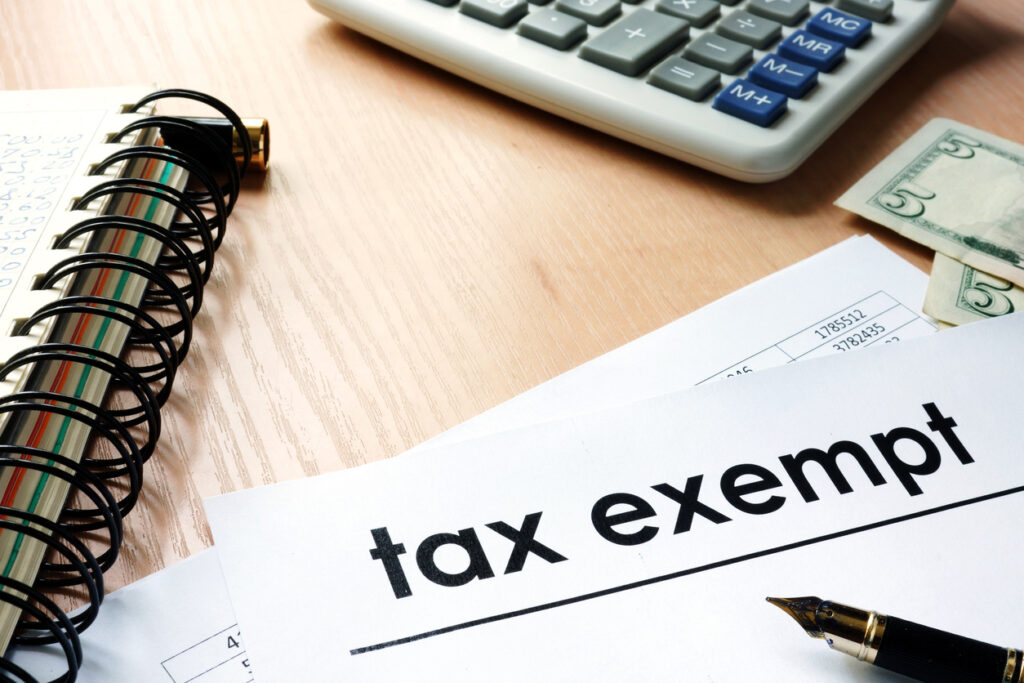As the saying goes, nothing is certain but death and taxes. If a relative of yours has recently passed away, both death and taxes may be on your mind—namely how much inheritance tax will I pay? The answer depends on a number of factors.
No tax is payable if the value of the estate is below £325,000, or if everything over £325,000 passes to a spouse, civil partner, charity, or community amateur sports club.
If the estate is worth more than £325,000, the normal tax rate is 40% on the remainder of the estate that is above this threshold (this may be reduced to 36% if at least 10% of the net value has been left to a charity).
However, if a spouse dies and the entire estate is left to the surviving partner, no tax will be payable. Also, the deceased’s nil rate inheritance threshold can be transferred to the surviving partner, and effectively double their threshold to £650,000. However, this only applies if the deceased has not already used their own nil rate inheritance threshold.
On estates worth less than £2 million, an extra tax-free allowance £175,000 (known as the residence nil rate band) is added if a main residence is left to direct descendants such as children or grandchildren. This increases the total tax-free allowance to £500,000 (£325,000 plus £175,000).
If the estate is worth more than £2 million the main residence allowance will decrease by £1 for every £2 above the £2 million that the deceased’s estate is worth.
When to pay Inheritance Tax?
Inheritance Tax should normally be paid before probate is granted and at the latest six months after the month end in which the person died.
Normally the tax can be paid from the deceased’s bank account, as long as it has sufficient funds.
If there aren’t enough readily available funds to pay the Inheritance Tax, alternative funding solutions are available. This includes the InheritNOW tax loan, which enables the beneficiaries of the ‘estate’ to pay the inheritance tax liability (for estates valued in excess of £325,000) directly to His Majesty’s Revenue and Customs (HMRC).
Who pays the Inheritance Tax?
Inheritance Tax is paid by the executor or the administrator of the Will or estate.
Beneficiaries of an estate do not normally pay tax on their inheritance.


